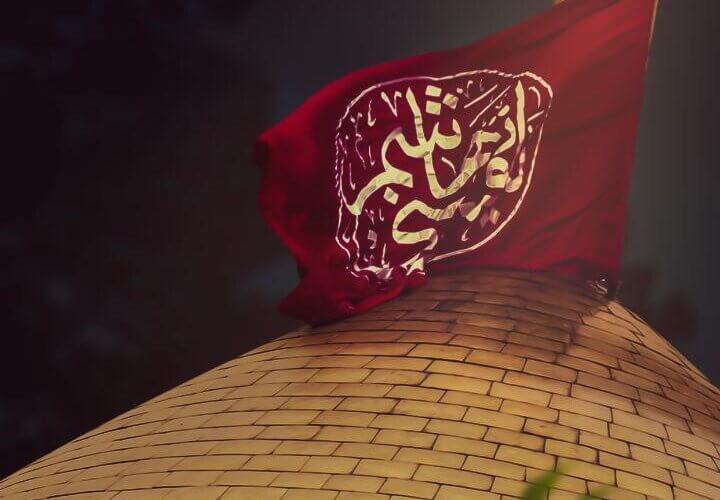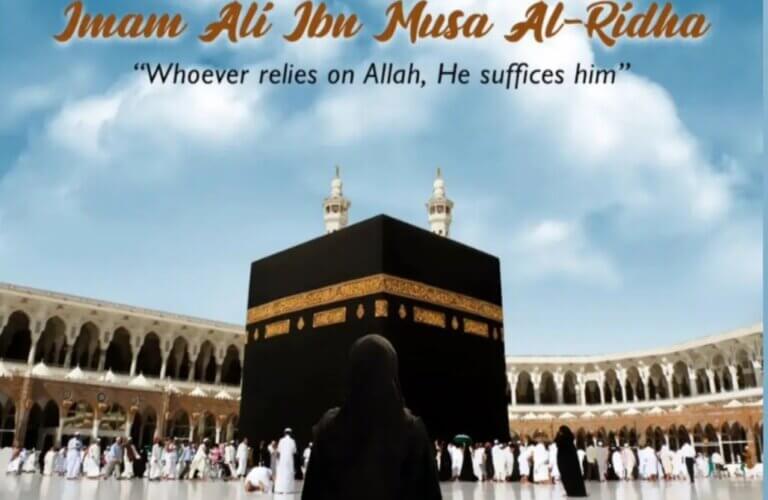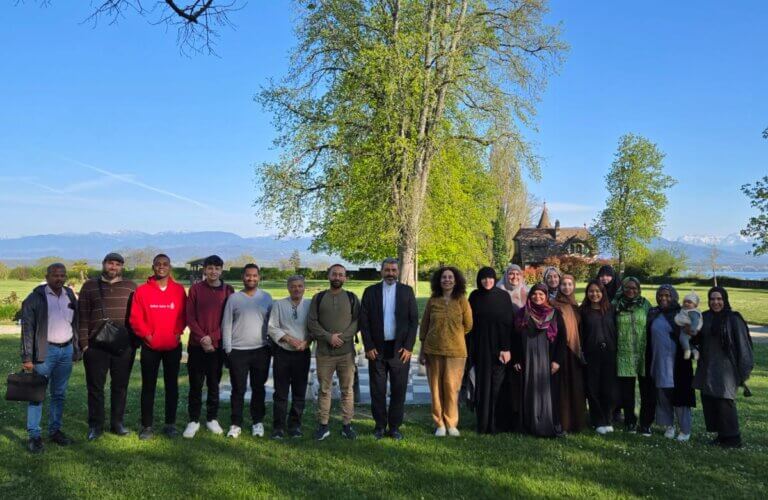As Muslims reflect on the sacred days of Dhul Hijjah, they are called to uphold the timeless values of unity, justice, and love for the Prophet’s family. Prophet Muhammad’s final message continues to guide the Ummah with clarity and purpose.
The Farewell Sermon, the Event of Ghadir Khumm, and according to some Qur’anic commentators the revelation of Surah An-Nisa (4:176) as the final verse concerning Islamic commandments, collectively mark the culmination of Prophet Muhammad’s ﷺ mission. Together, they affirm Islam as a complete and perfected faith legally, ethically, and spiritually providing a comprehensive moral foundation and a clear framework for leadership and guidance.
The final year of the Prophet’s life was marked by two profoundly significant events: the Farewell Sermon delivered during his last pilgrimage at Mount Arafah, and the Declaration at Ghadir Khumm shortly thereafter. These events reflect the Prophet’s deep and enduring concern for the unity, justice, and future leadership of the Muslim Ummah.
Delivered on the 9th of Dhul Hijjah, 10 AH (632 CE), during the Prophet’s final Hajj, the Farewell Sermon (Khutbat al-Wada’) stands as one of the most comprehensive declarations of ethical values, social justice, and human rights in Islam. It was a moment of profound spiritual clarity, where the Prophet summarized the core principles that would guide the Muslim community after his departure.
Key Themes from the Sermon:
- Humanitarian Equity: The Prophet emphasized the oneness of humanity, calling for the elimination of racial discrimination and the just treatment of women.
- Unity of the Ummah: He urged Muslims to uphold justice, brotherhood, and respect for one another abolishing pre-Islamic customs that contradicted Islamic values, protecting life, property, and dignity, and affirming the finality of his Prophethood.
- Shari’ah and Social Order: He stressed the fulfillment of trusts, the enforcement of inheritance and justice laws, and the importance of learning religious rites especially Hajj directly from him.
- Leadership and Succession: The Prophet reaffirmed the importance of adhering to the Qur’an and his Ahl al-Bayt (family), highlighting the future role of Imam Ali (a.s.) and the Twelve Imams as leaders of the Ummah.
- Guarding the Prophetic Legacy: He warned against distortion, false claims, and disunity after his death, emphasizing truthful adherence to divine law and moral conduct.
During this momentous sermon, the following verse was revealed:
“This day I have perfected for you your religion, completed My favor upon you, and have approved for you Islam as your religion.”
— Surah Al-Ma’idah (5:3)
This verse symbolized the culmination of the Prophet’s mission and the divine completion of the Islamic message.
Only days after the Farewell Sermon, on the 18th of Dhul Hijjah, while returning to Madinah, the Prophet stopped at Ghadir Khumm. Under the scorching desert sun, he gathered the pilgrims and delivered another powerful message this time addressing the future leadership of the Ummah.
He raised the hand of Ali ibn Abi Talib and proclaimed:
“Whomever I am his Mawla (guardian, leader, or master), then Ali is his Mawla.”
Shia Muslims regard this declaration as the Prophet’s formal appointment of Imam Ali as his successor, emphasizing the continuation of divine guidance through the Imams of the Ahl al-Bayt.
Another vital revelation near the end of the Prophet’s life was Surah An-Nisa, verse 176, which addressed a complex issue of inheritance law:
“They ask you for a legal verdict… Allah makes clear to you (His law), lest you go astray. And Allah has knowledge of all things.”
— Surah An-Nisa 4:176
This verse clarified the rules of inheritance for individuals who leave behind no direct heirs. It plays a key role in completing the legal and social structure of the Islamic Shari’ah.
As we journey through the sacred month of Dhul Hijjah, we are reminded that the enduring lessons of Prophet Muhammad ﷺ continue to resonate in our hearts. His parting message, from the unifying clarity of the Farewell Sermon at Arafah to the decisive leadership declaration at Ghadeer Khumm, and the concluding legal guidance embodied in Surah An-Nisa (4:176), offers us a timeless blueprint for justice, unity, and ethical conduct.
In embracing these principles, we not only honor his legacy but also commit ourselves to a path of compassion, fidelity to divine law, and the loving stewardship of his teachings. Let these echoes of Dhul Hijjah inspire each of us to work towards an Ummah where justice prevails, unity endures, and every believer lives with the sacred light of the Prophet’s ﷺ final message.
References:
- Sayyid Ali Asghar Razwy, The Farewell Pilgrimage, A Restatement of the History of Islam and Muslims
- Islamic Principles in the Sermons of the Farewell Hajj, from Verses of Ghadir
- Ghadir Khumm – Part 1, Shi‘ite Encyclopedia
- Ghadir Khumm – Part 2, Shi‘ite Encyclopedia
- Inheritance and Legal Completion – Commentary on Surah An-Nisa 4:176, The Enlightening Commentary on the Light of the Holy Qur’an, Vol. 4





Comments